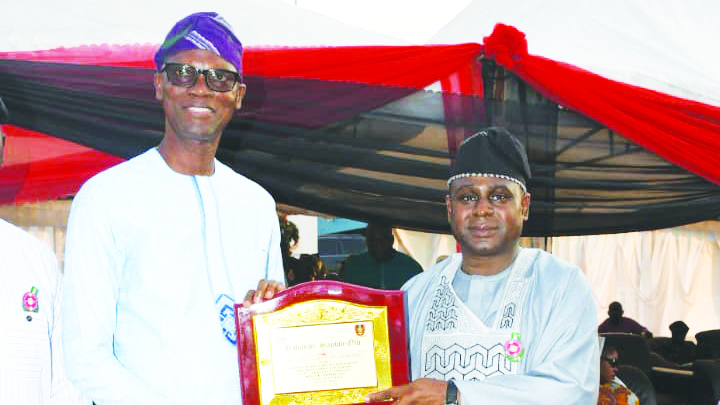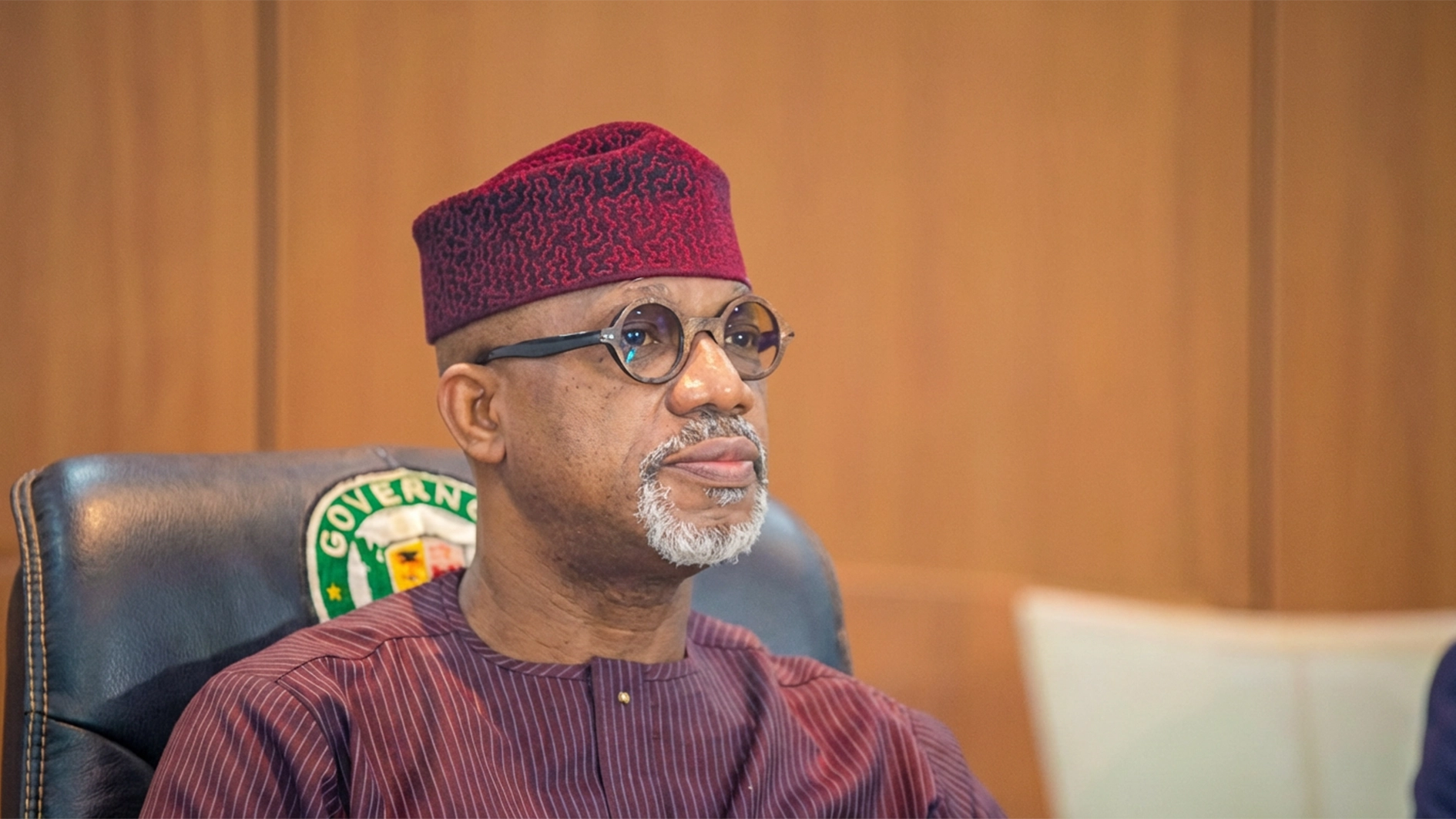
The Senior Special Assistant to President Bola Tinubu on Community Engagement for the South-South geopolitical zone, Hon. Gift Johnbull, has announced ongoing efforts to drive economic transformation in the region through a large-scale agricultural revolution involving 100,000 farmers.
She also stressed the need for a shift in mindset, arguing that the ongoing agitation and acts of vandalism have severely tarnished the region’s reputation.
Johnbull disclosed this in Abuja during an interactive session with journalists under the auspices of the South-South Journalists Forum for Good Governance (SSFGG).
She said that persistent unrest and vandalism have caused more harm than good, leading to missed opportunities for development.
She said that 100,000 farmers are set to be engaged in this wet-season farming as the government collaborates with farmer cooperative societies to gather accurate data on genuine farmers across the six South-South states: Akwa Ibom, Bayelsa, Cross River, Delta, Edo, and Rivers.
Johnbull highlighted the immense agricultural potential of the region, noting that its fertile land can support large-scale farming, yielding high volumes of crops and generating significant profits for farmers.
Johnbull said: “The President is very interested in food security. We targeted a couple of priority crops based on our research and our engagement in the past, and we picked cassava, rice, cocoa, oil palm, maize, and aquaculture across the region.
“There are several local governments that are strong in certain priority crops, unlike the others, and we are adding plantain and yam to the list. But the six priority agricultural commodities that I mentioned are what we are actually targeting for now.
“We are looking at 100,000 smallholder farmers because smallholder farmers actually make up the largest chunk of the agricultural sector right now. If you gather 100,000 smallholder farmers and aggregate all their produce, that is a large chunk going into the market. When we have excess—more supply than demand—the price will come down, and then we can even have enough to process and start talking about exportation.”
She expressed concern that rather than attracting investment in agriculture, infrastructure, and job creation, the South-South is predominantly seen as a crisis-prone region. This perception, she noted, has led to more crisis management efforts and stipends instead of sustainable economic interventions.
She urged the people to move away from a dependency mindset and embrace opportunities for legitimate economic advancement.
She added, “Vandalism and agitation are costing the region far more than they are benefiting it. When you mention the Niger Delta or the South-South, the first thing that comes to mind is vandalism and crisis.
“Instead of sending tractors, seedlings, and industrial hubs to foster development, what we receive are peace talks, stipends, and crisis interventions. But tell me, how can a full-grown man survive on stipend?
“We must discard the victim mentality.
If people keep waiting for others to lift them up, they will miss out on opportunities that can create real wealth.
“Success starts with a productive mindset. It’s like when you start thinking about yellow cars—you suddenly start noticing them everywhere.
“Similarly, when you decide, ‘I want to be successful, I want to prosper, I want to contribute to nation-building,’ you begin to see opportunities for legitimate income generation.”
Johnbull revealed that the government has already held meetings with farmers and cooperative societies across the region. Plans are underway to organize them into clusters, ensuring better access to support programs, funding, and market linkages.
She reiterated that the goal is to transform agriculture into a key driver of economic growth in the South-South, fostering food security, employment opportunities, and long-term regional stability.






